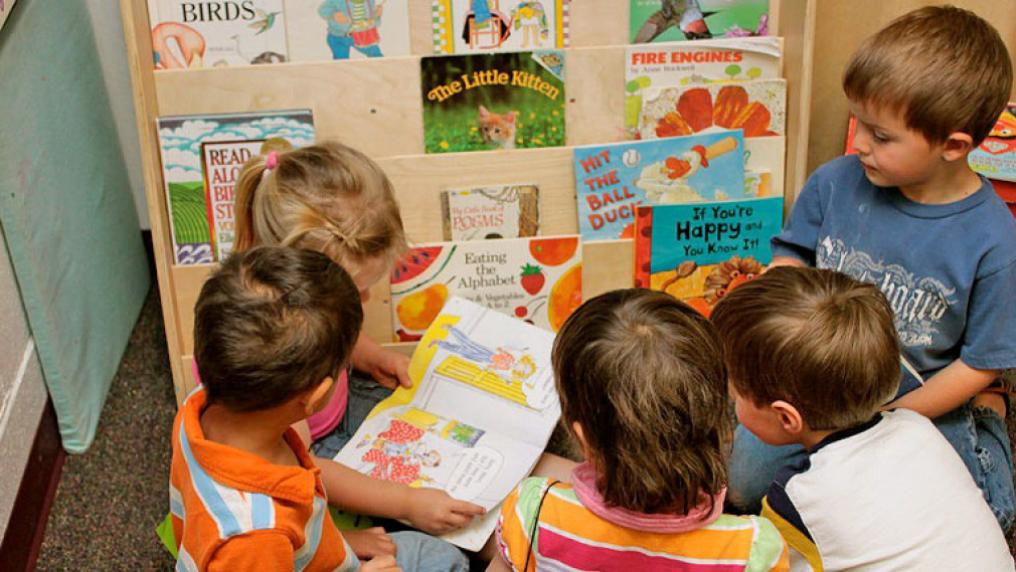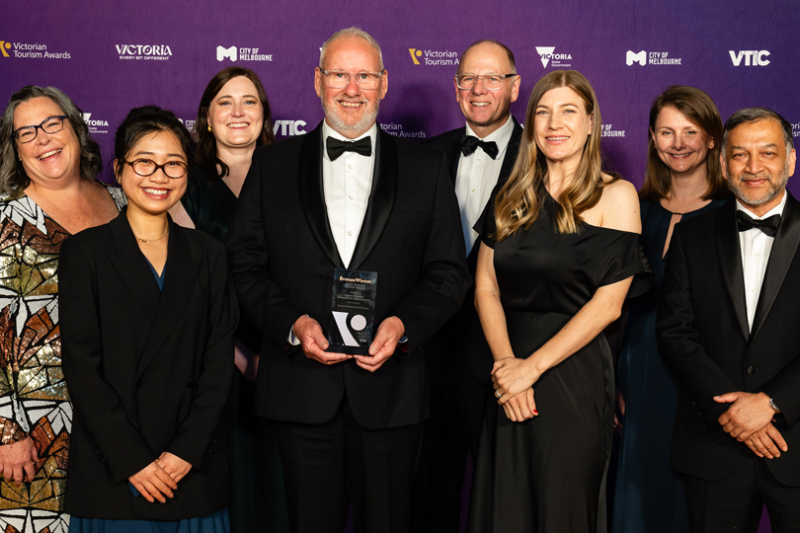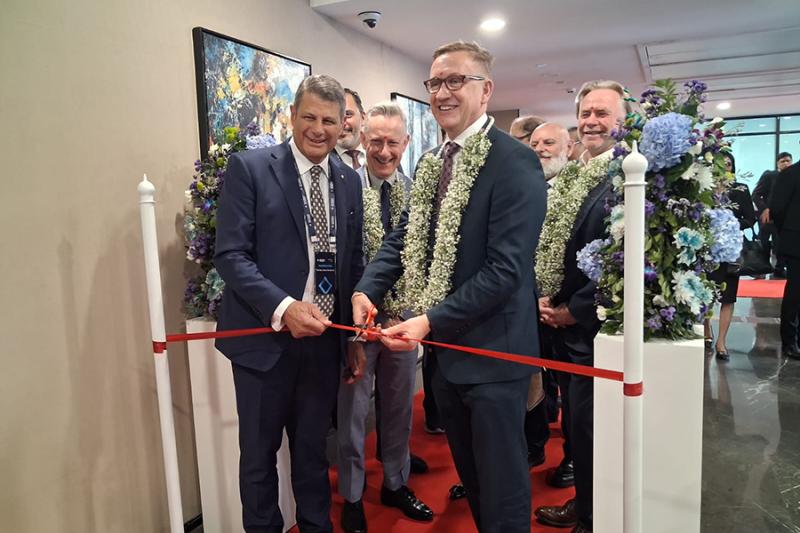Early learning achievement should be accelerated, not celebrated

Independent education policy think tank, Mitchell Institute at Victoria University, said a new report by Early Learning Everyone Benefits shows that early childhood education in Australia can, and must, improve.
Mitchell Institute Director, Megan O’Connell explained that the State of Early Learning in Australia 2017 report (PDF) finds Australia has made good progress in recent years but still has a long way to go.
“It is important to recognise the significant achievements in early learning in Australia, especially in preschool for four year old children, but there are gaps that need urgent government attention,” Ms O’Connell said.
“In 2008 just 12 per cent of Australian four year olds were enrolled in preschool but now we have 91 per cent enrolled – this is a huge testament to governments working together for positive change.
“But we’re not doing enough for children who are younger than four, despite evidence clearly showing that children should attend preschool for two years, starting when they are three years old.
“Most OECD countries offer two years of preschool – some have for decades – so it is frustrating that Australia hasn’t made any progress to introduce a second year of preschool.
“The success of four year old enrolments shows that if governments choose to make three year old preschool a priority, it can be achieved in Australia.”
The findings reveal that a large number of Australian children are starting school vulnerable, and disadvantaged children are most at risk of missing out.
“One in five children start school developmentally vulnerable – meaning they don’t have the skills to be able to learn and build relationships with their peers,” Ms O’Connell said.
“But what is even more concerning is that children from disadvantaged backgrounds, who are most likely to benefit from early childhood education, are twice as likely to start school developmentally vulnerable.
“This is a huge problem not only for those children but for schools, which are then tasked with trying to help vulnerable children find a love of learning and keep up in class.”
The report notes that there are unique challenges to reforming Australia’s early childhood policy, as the sector has a mix of different funding streams, types of providers and settings for delivery. State and territory governments share responsibility for early childhood education with the Commonwealth Government, but the systems are varied across the country.
The report suggests funding be aimed at improving early learning participation and quality, especially where evidence suggests it will make the greatest difference – such as introducing preschool for three year olds.



